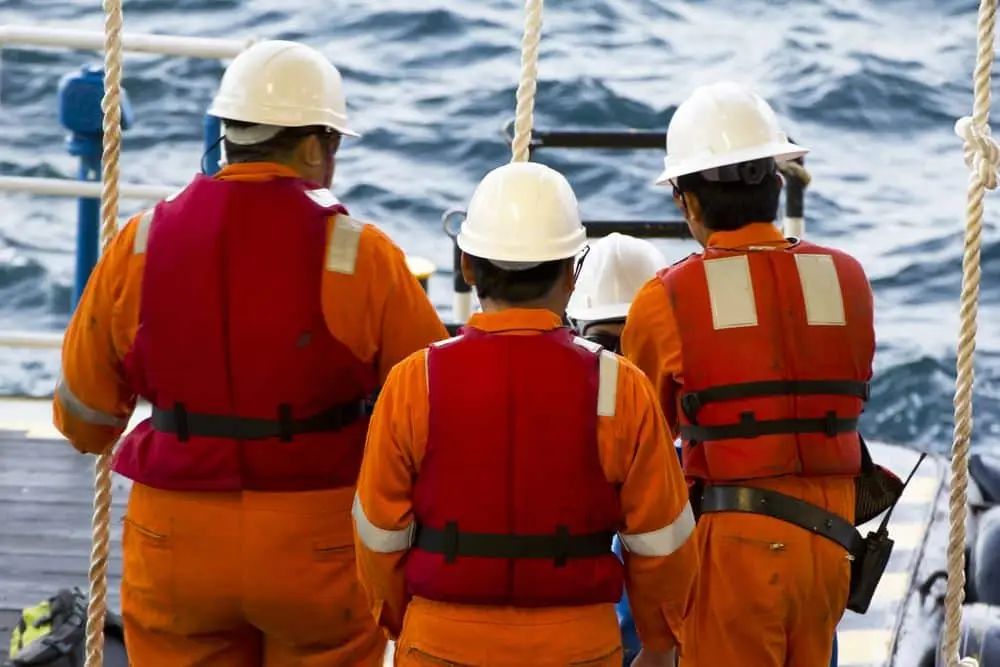While injured workers are usually bound by the personal injury and workers’ compensation laws in their specific state, many remain confused regarding how they are protected during work on sea vessels.
The Jones Act is a federal statute and part of the Merchant Marine Act of 1920, which essentially allows for seamen to sue their negligent employers for compensation due to injuries sustained at work. The statute requires that employers provide reasonably safe work environments for their crews. We explain more about who may be covered under this law.
Do Oil Rig Workers Qualify?
You may be wondering, what exactly defines a seamen? This is an important question to answer, as the Jones Act and other similar maritime laws will only apply to those who are considered seamen. While the law doesn’t necessarily differentiate between a worker who qualifies as a seamen and one that does not, the general rule is that one qualifies if they work aboard a sea vessel for at least 30-35% of the time.
This includes, for instance, most employees aboard ships, fishing boats, barges, and dredges. But, does the Jones Act cover oil rig workers? After all, the oil and gas industry sees some of the highest rates of injuries and fatalities. When it comes to determining whether oil rig workers are considered seamen, the answer is that it will vary on a case-by-case basis.
The Jones Act vs. the Longshore and Harbor Workers Compensation Act (LHWCA)
Ultimately, determining whether an oil rig worker is covered by the Jones Act comes down to the type of vessel that the employee was working on. If the vessel is one that is considered “sea-going,” such as a jack-up rig, then the Jones Act may apply.
However, if the vessel is stationary or affixed to the ground—in other words, it is not a sea-going vessel—then the worker will probably be covered by the Longshore and Harbor Workers Compensation Act (LHWCA). This act is similar to the Jones Act, but instead provides compensation to injured maritime workers who work on land. Workers who qualify under this act may also sue their employers for negligence-related injuries.
Injured as an Oilfield Worker?
Being injured as an oil field worker is traumatic enough. You shouldn’t have to worry about having to file a claim on your own and deal with insurance companies that only prioritize their own profits. At Morris & Dewett Injury Lawyers, we have been protecting the rights of oil field workers and their families for decades.
With over 1,000 five-star Google reviews, our team has built a reputation of excellence for the services we provide. Let us help you get back on your feet following an oil field accident.
Contact our team at (318) 221-1508 to get started with a free case review!





